In case you haven’t heard yet, spring has sprung. Rather than realize that because of the calendar, I was made aware of it when our resident woodpecker arrived and started pecking on the metal cap to our chimney. I’m not really sure why that particular woodpecker is so interested in that metal cap, but I assume it must think there’s bugs underneath it that it can eat. Unfortunately for the woodpecker, I don’t think his beak is hard enough to peck through that metal cap.
There are, of course, other signs of spring, such as leaves growing on the trees and plants springing up in the garden. If that seems a bit early to you, keep in mind that I live far to the south. It gets warm sooner here and gets a whole lot warmer in the summer (which lasts about nine months).
Spring means different things to different people. To those of us who grow at least some of our own food, it’s time for spring planting. For those who have felt cooped up all winter, it’s time to get out and smell the fresh air. For many others, spring means spring cleaning, an idea that dates back to the1800s. Back then, March was the first month that was warm enough to open houses up and clean up all the dust that had accumulated through the winter. The spring winds would help, blowing all that dust out the windows.
But spring has another important meaning; one that is steeped in history as well. That is, spring was a sign to people that they managed to survive another winter. Back when people grew their own food, that was a real accomplishment; one that they were clearly glad to have made it through. To us, it’s no big deal, as we can just go to the grocery store if we need another loaf of bread.
As preppers, we need to take into account what spring meant to our ancestors, because we never know when we might be right back where they were. Should a TEOTWAWKI event happen, we might be celebrating the spring, just as they did, knowing that it meant we had survived another winter.
While we’re not living like that today, I think that springtime has an important significance to us preppers today. That is, it’s the time of year when we start thinking about switching over from winter survival mode to summer survival mode. Some things that we would have needed for survival in the winter, such as heavy coats and a wood-burning stove, aren’t needed in the summer heat. This should reflect in how our homes are organized and what’s included in our bug out bags. After all, it really doesn’t make sense to have half the living room filled with stacked firewood, when we’re not going to light a fire until the next winter, does it?
Since we’re going to be going through our gear and supplies anyway, getting ready for the warmer times ahead, it only makes sense to use this time to do some “spring cleaning” of our survival gear and supplies as well.
Take Inventory
Part of that spring cleaning needs to be checking the condition of your inventory. I’m one of those who always says that canned goods will last forever. At the same time, I can point to times when I’ve had canned goods go bad. I’ve also had other foods, which I thought were shelf-stable, go bad, proving that things aren’t always as well preserved as we think they are.
The issue here probably isn’t food that you’ve preserved yourself, although that can go bad too. Some of the things we home preserve are more along the lines of experiments. We’re watching to see just how long they will stay good. But it’s really the pre-packaged stuff we need to be concerned about. Modern canneries and other food processing plants are models of efficiency. Even so, there’s the chance of something going wrong. A single nick in the coating on the inside of a can, will allow acids in the contents to attack the metal, eating through it and allowing the food to spoil.
If you don’t already have a printed inventory, showing just what you have and where its located, this is a good time to create one. Relying on your memory for things like that is iffy at best. Besides, it’s amazing how family members can get into your prepping stockpile and use things, without saying a word about it.
Check for Damage
Food spoiling isn’t the only thing we should concern ourselves with. Pretty much anything we own can go bad. I just had the battery in my bug out vehicle go bad, sitting in the driveway. I’ve also had electronic equipment get ruined, when the batteries in that equipment leaked.
Don’t assume that things look good, just because the packaging looks good. Pests can get into wrapped up tents and sleeping bags, destroying them. We also have to concern ourselves with the damage that winter weather can have on anything that’s stored outdoors. Fall leaves and winter snow can clog up gutters and downspouts, rending your rainwater capture useless.
Let’s face it, all things deteriorate, especially if they are ignored. That’s why it is so important to take the time to look over what you have, making sure that it is still in good condition.
Test Your Gear
Checking your gear means more than just looking at it though; it also means taking it out and testing it to make sure it still works. This can serve as an opportunity to refresh your memory on how that gear works, so that if you need to use it, you don’t have to stop and read the directions.
One of the things we all need to realize is that our survival skills are perishable skills. If we don’t use them, we gradually lose them. Take shooting, for example. You might be an expert shot with your chosen firearms, but if you don’t go shooting for a year, you’ll find that you’re not as good as you once were. Maintaining proficiency requires practice.
That concept holds true for anything and everything we do for survival. You may not fall so far in your ability that you can’t do it at all; but you could easily reach a point where you can’t do it all that well or where you have to stop and think, to do something you previously had been able to do instinctively. That’s obviously not good.
Make Necessary Repairs
Hopefully, you won’t find anything needing repair; but I wouldn’t count on it. Things tend to deteriorate when left to themselves, and if those repairs aren’t accomplished fairly quickly, they just become worse. Then you’ve got something big to repair, instead of something small.
If your repair skills are limited, that’s something you want to work on. When things go wrong, you probably won’t be able to find someone to repair it for you. That leaves you with having to fix it yourself or doing without. For most of us, doing without isn’t a very attractive option.
I’m not saying that you have to become an expert in all kinds of repairs, although that would be good. Rather, what I’m saying is that you want to have decent repair skills, which can transfer across a wide range of fields. That will allow you to maintain the most equipment, without having to invest the time and effort into becoming an expert in everything.
Adjust Survival Plans
Finally, you should review your survival plans as part of your spring cleaning. This is something we need to do at least once a year, if not more frequently. Situations change in a wide variety of different ways, requiring that we adjust our survival plans accordingly. Don’t expect your plan to last forever, unless you are constantly adjusting it to meet your family’s current needs.
I make a habit of reviewing all the information I can get about every disaster I become aware of. In addition to learning about the disaster itself, my main goal is to look at what I could have done differently in that case, to help ensure my family’s survival. Some of those lessons end up being obvious, such as the flooding that happened in Houston, due to Hurricane Harvey stalling over the city. All it would have taken was a small boat or even an inflatable life raft, for most of those people to rescue themselves, rather than sitting there, waiting to be rescued.
Since I live in a hurricane zone too, I took that lesson and incorporated it into my own survival plans, buying an inflatable lifeboat. Rather than buying the minimum, I bought something bigger than I thought I would need. That way, if my wife and I ever had to self-rescue, we would have the space to take not only our bug out bags, but other important things with us as well.
Each new thing we learn should impact our survival plans in some way. That impact might be small; but it should be there. If it isn’t, don’t assume that it means that your plans are perfect. Rather, look for what you might have missed, which would require a change to your plans.

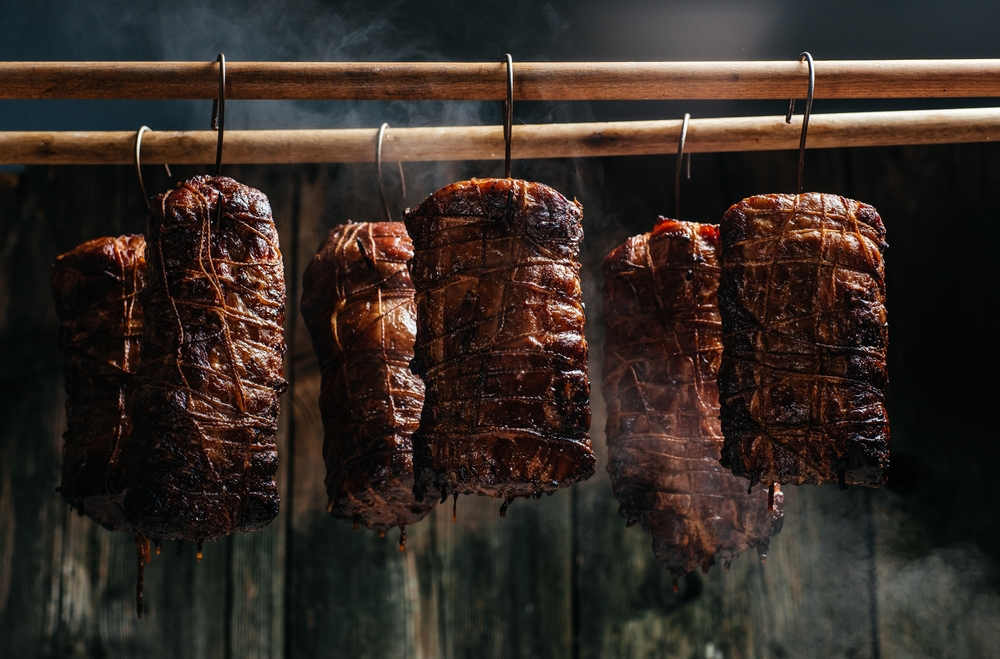

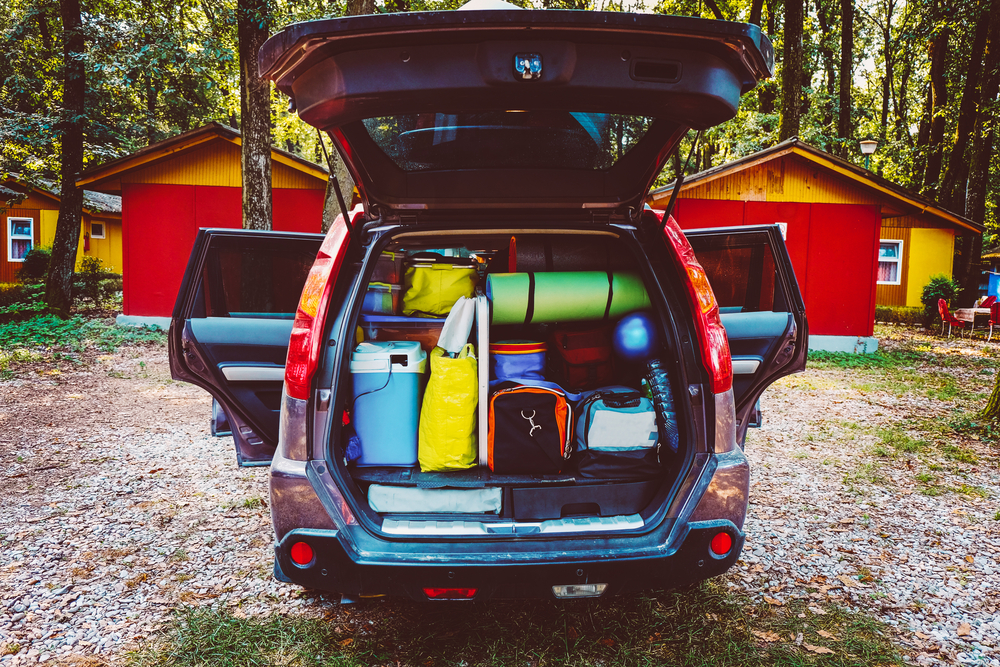


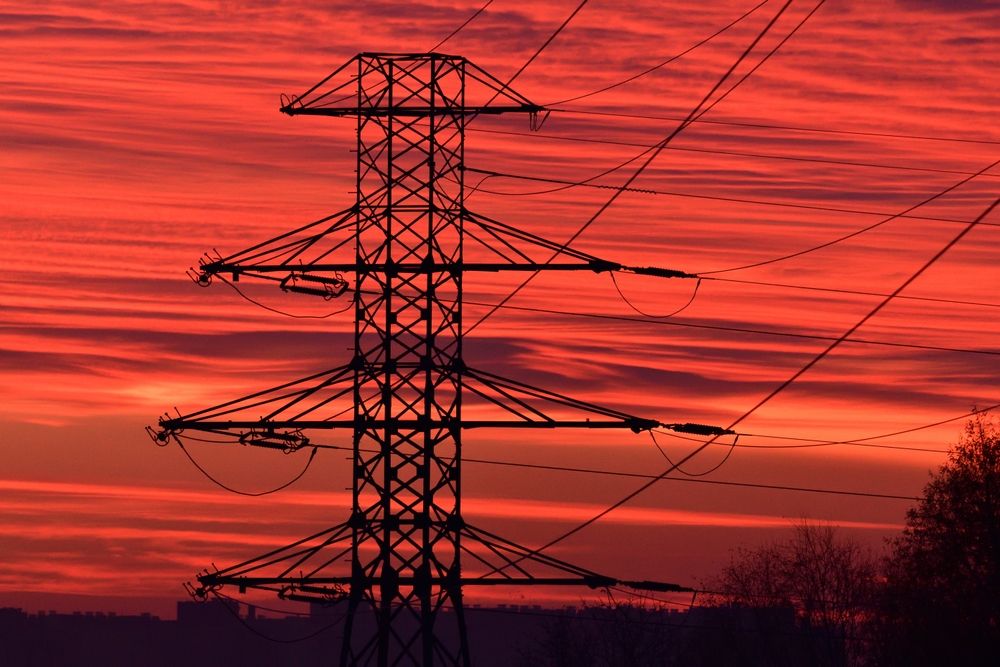


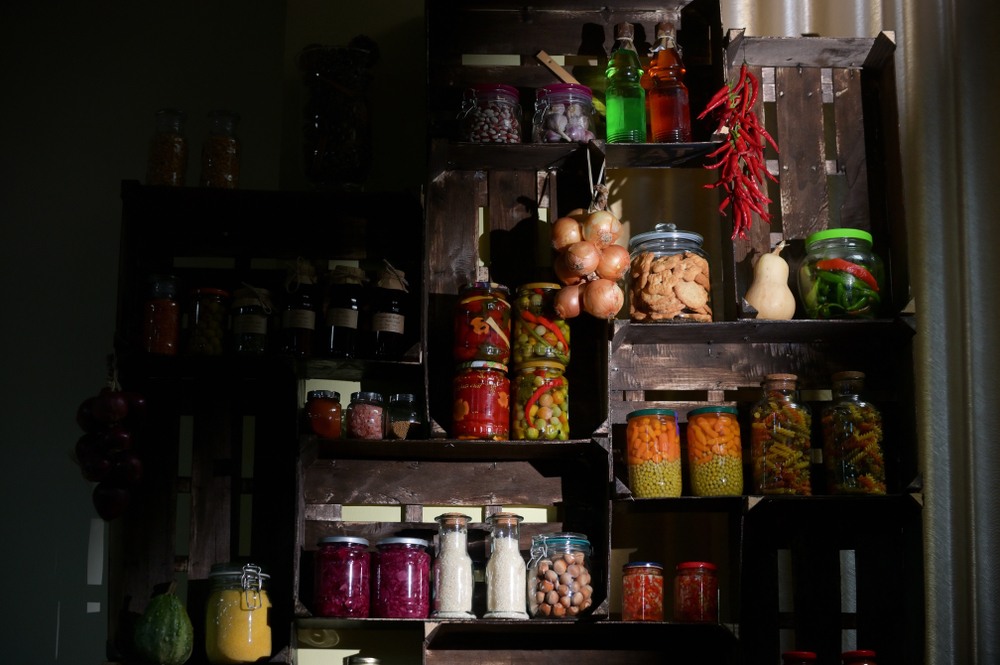









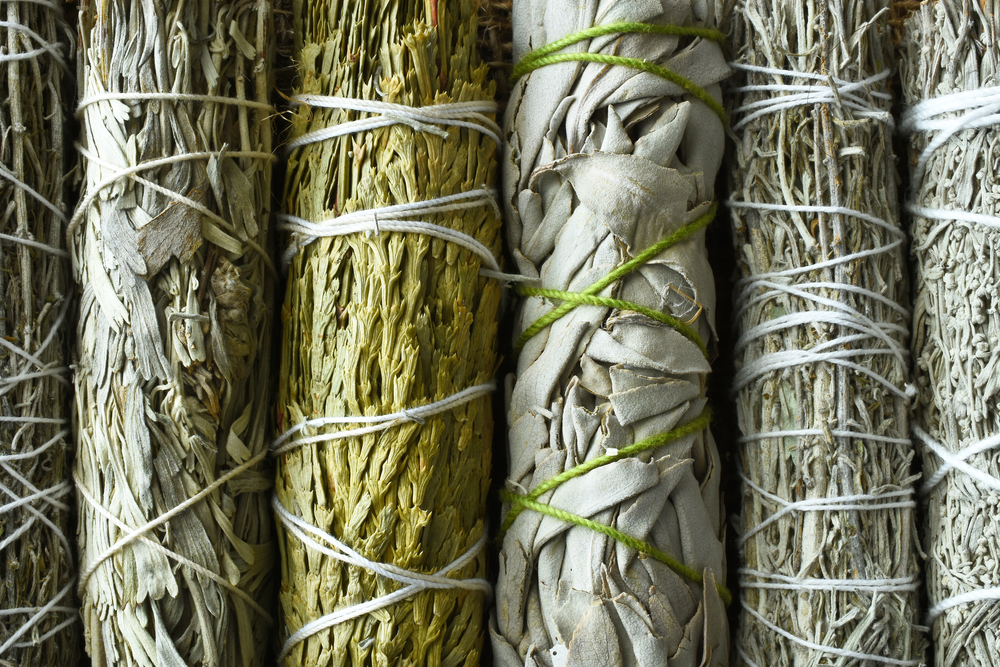
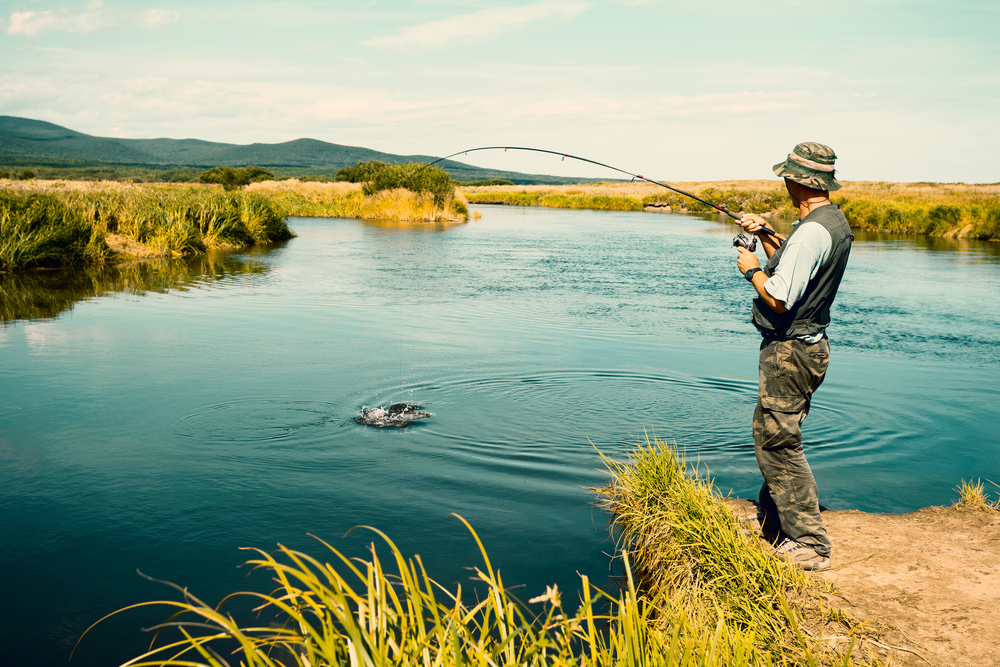


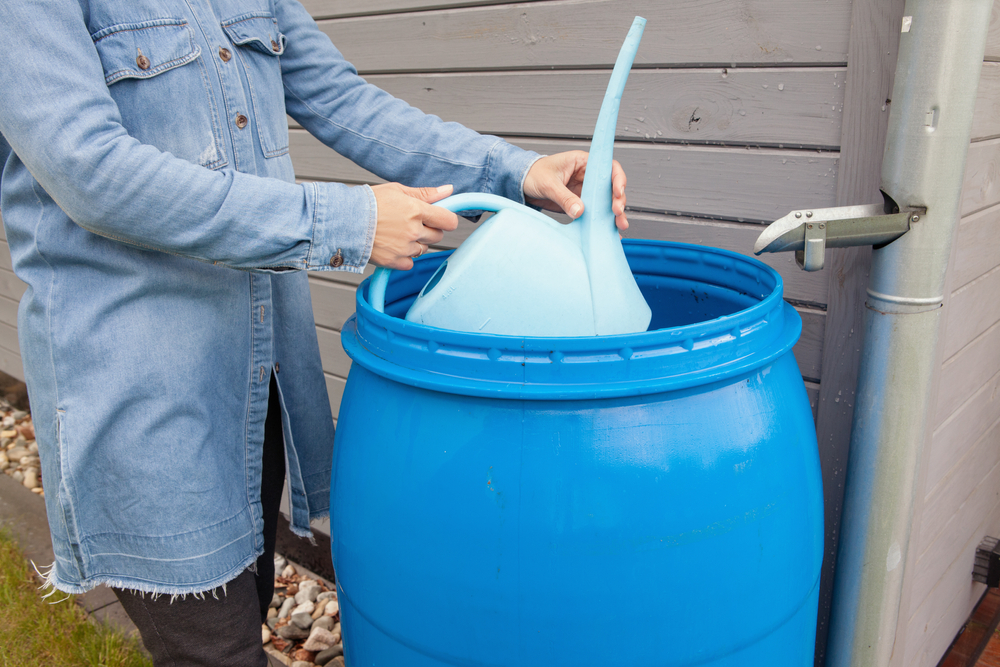
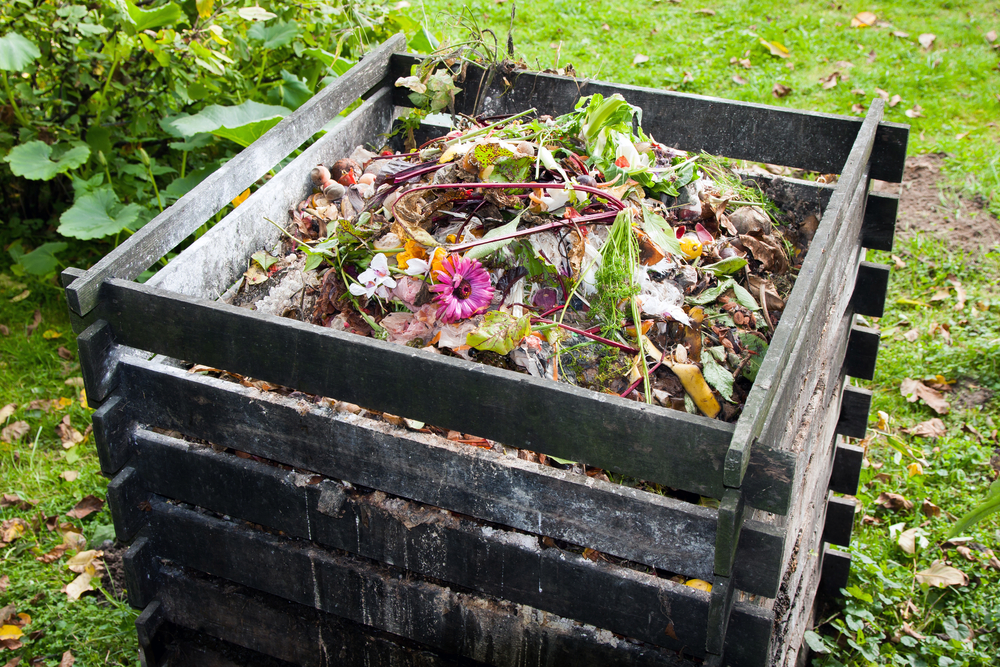
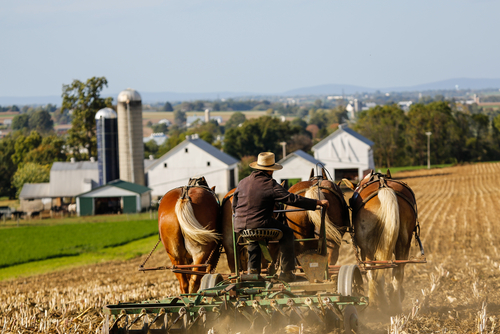
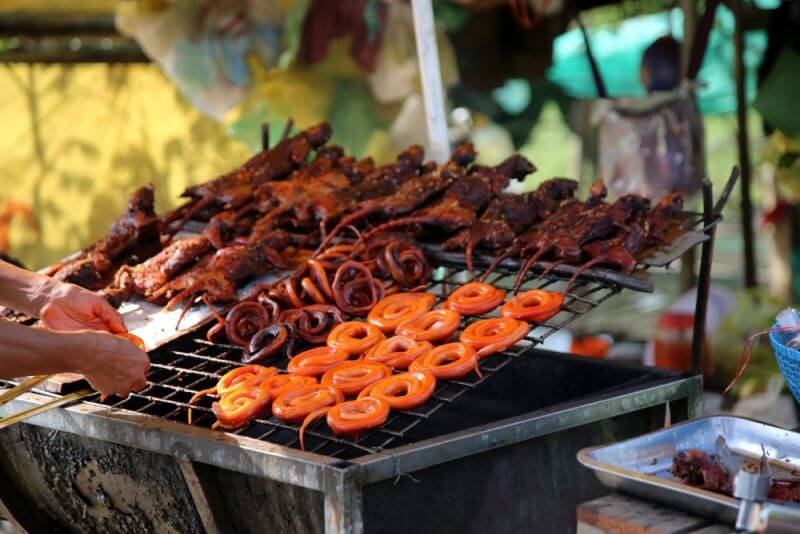
































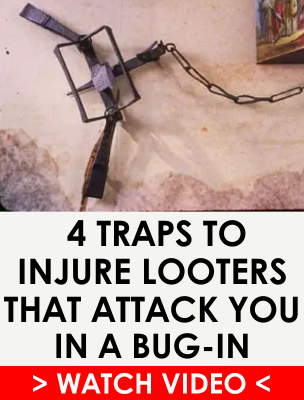











The woodpecker is pecking as a mating signal. They like pecking on things that resonate like gutters or other metal items.